You’re in the market for some printed circuit board assemblies (PCBA) for your new product and you need to find the right supplier. You've looked online, gotten recommendations from friends and the choices are dizzying. Should you look domestically or overseas? What do you do now? Sourcing PCBA doesn't have to be difficult, but there are two basic questions you need to answer.
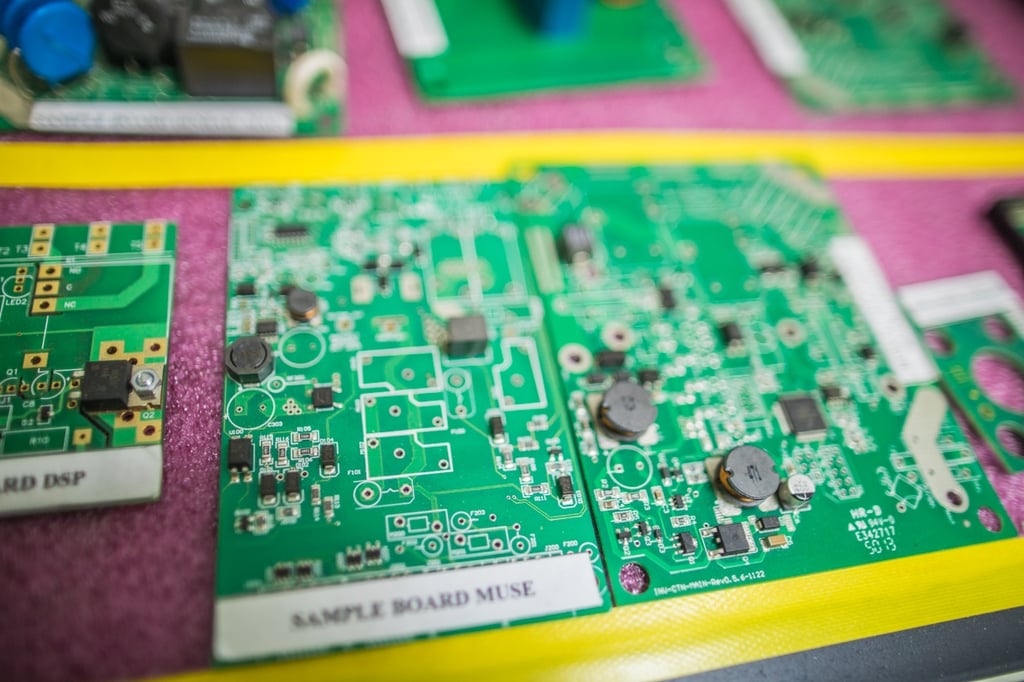
Sourcing Your PCBA: Questions to Ask
1 | What class of PCBA do you need?
There are three PCBA classes, 1,2 or 3. The requirements and definitions are set out by the IPC, the global trade association serving the printed board and electronics assembly industries, along with their customers and suppliers.
Class 1 - Simple, non-critical electronics. Considered disposable. They’re made inexpensively with cheaper materials and components.
Class 2 - More robust and expensive electronics. Materials are more expensive, component testing takes place before installing in the PCBA, and the finished product is tested before it leaves the factory.
Class 3 - Mission critical electronics such as medical, aerospace and defense industries. Materials are the highest quality and must pass specific UL tests. A lot of individual testing goes into the components before they are put into an assembly.
Because Class 1 and 2 PCBAs aren’t mission critical, they are almost always made overseas where they can be made much less expensively. Class 3 printed circuit boards are typically made in the U.S. Unless you require a Class 3 PCBA, you’ll usually achieve a higher cost savings by purchasing boards from overseas.
2 | How many do you need?
If you’re in the U.S. and need a small number of PCBAs, maybe for prototyping/testing or you need orders in the hundreds and low-to-mid thousands, you can generally find a lower cost through a domestic supplier. However, if you are looking at quantities of around 5,000 or more, it’s generally accepted that you’ll find better prices overseas, typically in China or Vietnam.
>>>Once you have those two items nailed down, we recommend another step:
3 | Look for an opportunity to consolidate sourcing and production.
Are PCBAs all you need? What about the housing? Do you already have suppliers for the rest of your product?
Think about it: Why purchase the finished boards from one supplier, wiring from another and housing from another? Do you want to manage the logistics of getting all the pieces together and then building the product? Where is the cost savings in that?
The ideal situation is to find a trusted partner that makes more than PCBAs. In other words, don’t just look for an electronic manufacturing services (EMS) shop that makes PCBAs, look for a contract manufacturer that does EMS.
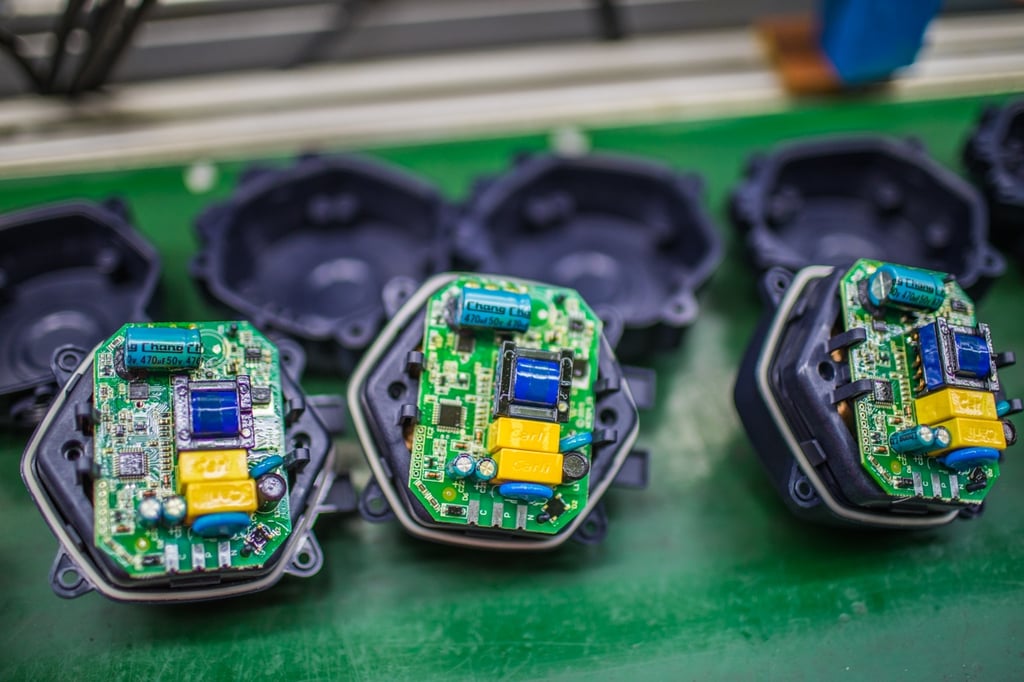
Benefits of a Contract Manufacturer
Because contract manufacturers are making products for multiple customers they have production capacity as well as experience with multiple capabilities that other manufacturers don’t have. They aren’t engaged in sales and marketing. All they do is make the product, giving them greater flexibility to respond quickly to increases and decreases in production requirements. That means you don’t have to make investments in additional equipment or workforce. Using the right contract manufacturer overseas will protect both your intellectual property and the integrity of your product. You’re free to focus on growing your business.
A contract manufacturer with multiple capabilities in addition to EMS is a solution that can pay off in the long run as you look to scale the growth of your company.
Materials, Processes & More Questions to Ask
While you’re looking for a contract manufacturer that can provide PCBAs and complex electronic box build assemblies, look for those with experience in working in an assortment of materials and processes.
Plastics
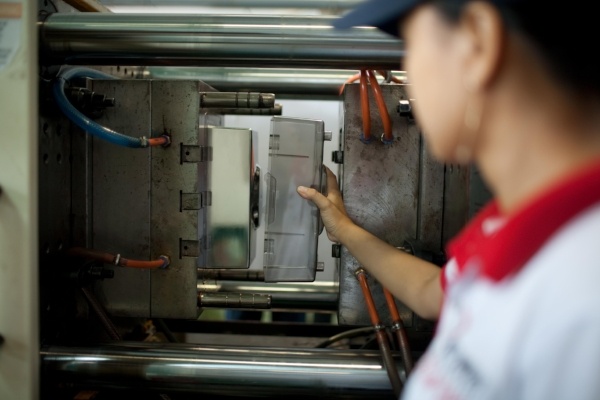
Types of processes include:
- Injection Molding
- Vertical Injection Molding
- Over-Molding
- Ultrasonic Welding
- Extrusion
- Thermoforming
- Compression Molding
- Rotational Molding
- Blow Molding
- Casting Insert Molding
- Pad & Serial Printing
Questions to ask a plastics manufacturer
- After I purchase tooling, do you guarantee the molds for the life of the project?
- What’s the most efficient tooling option, single or multiple cavities?
- Do you have your own tool shop?
- Who owns the tool?
- Can you help you determine: draft angles, slides, injectors, multiple gates, core or collapsing core features?
- How many molding machines to you have?
>>> Watch our video: The 10 Commandments of Plastic Injection Molding <<<
Metals
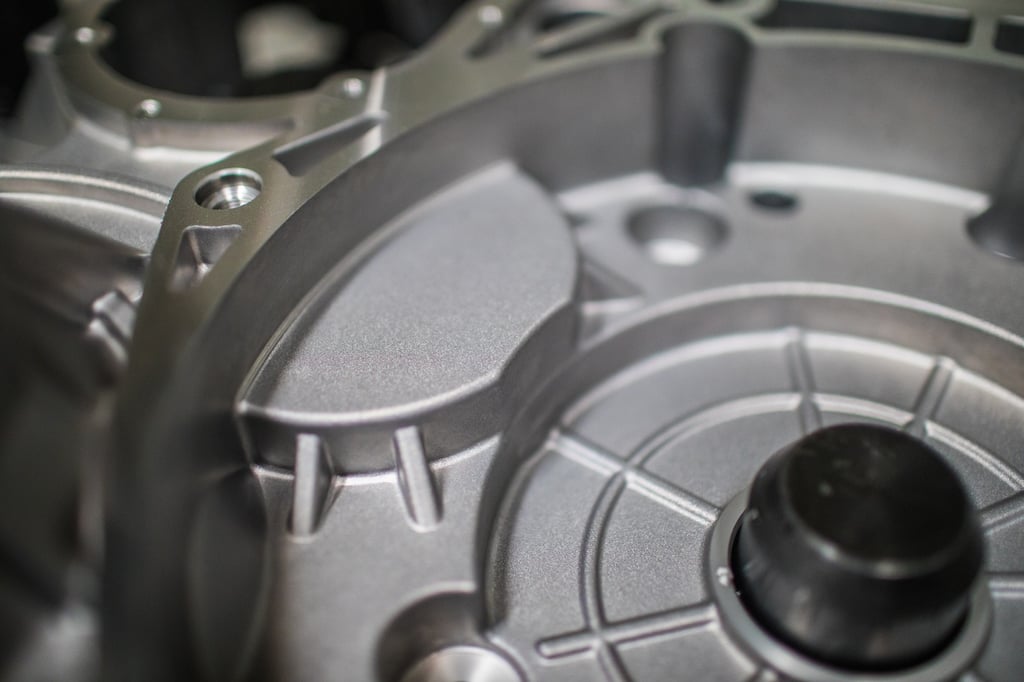
Types of processes include:
- Gravity cast
- High-pressure die-cast aluminum
- Die cast
- Sand cast
- Fabrication
- Extrusion
What you’re looking for:
Find a CM that meets the requirements defined by American Society for Testing and Materials (ASTM) and the American Society of Mechanical Engineers (ASME) as well EU standards. They should have a thorough understanding of a variety of raw materials, the appropriate manufacturing processes and finishes.
Rubber
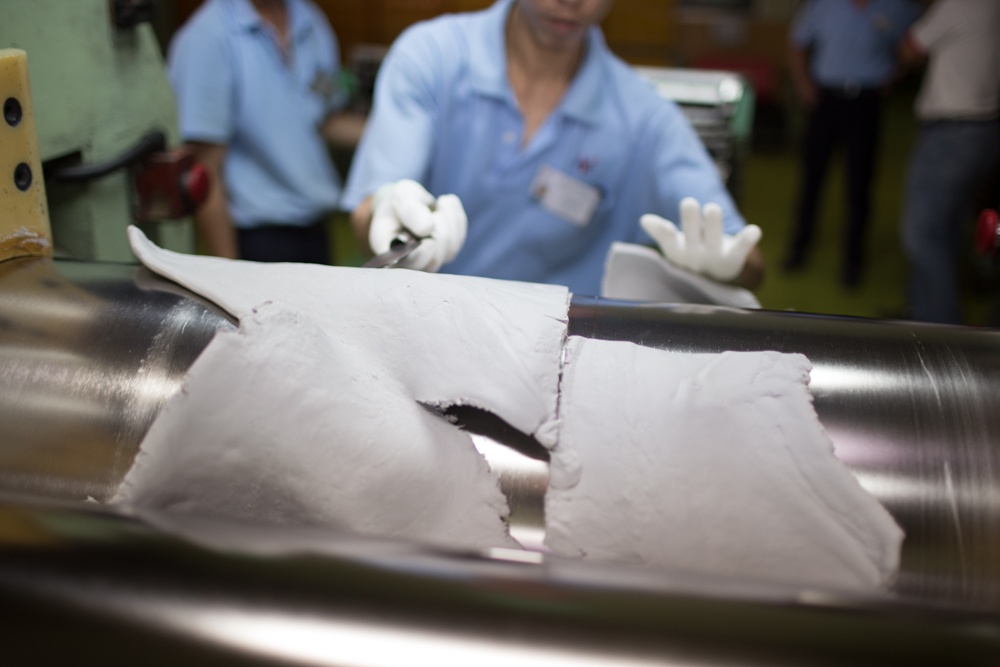
Types of processes include:
- Blow molding
- Vertical injection molding
- Injection molding
- Compression molding
- Rotational molding
- Over Molding
- Extrusion
What to look for when selecting a manufacturer for your rubber components:
- What materials can they work in?
- Do they understand the manufacturing process and have the right equipment and capabilities — tool shop, presses, molds?
- Do they have a control process to for batching (to ensure raw materials are measured and mixed accurately?
- What is the inspection process: Internal Quality Control – Quality Control – and Finished Goods Quality Inspection?
- Is there a Quality Laboratory with the proper testing equipment?
Look: It's pretty easy to find someone who can put parts on a circuit board, but what if you could find someone to handle production of your entire project, whether it's a simple PCBA, a complex box build or a brand new product requiring specific tooling? You owe it to yourself to at least explore that possibility to see if working with a contract manufacturer is the right fit for you.
[Originally published August 2017]
Read more:
- The Basics of Contract Manufacturing and New Product Development
- How to Assess the Technical Capabilities of Your Contract Manufacturer
- Contract Manufacturing Product Pricing | Factors to Consider
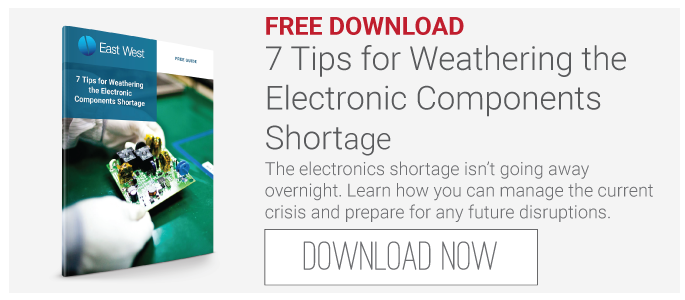



.jpg?width=176&height=56&name=MR_associatedNetwork_logo%20(1).jpg)